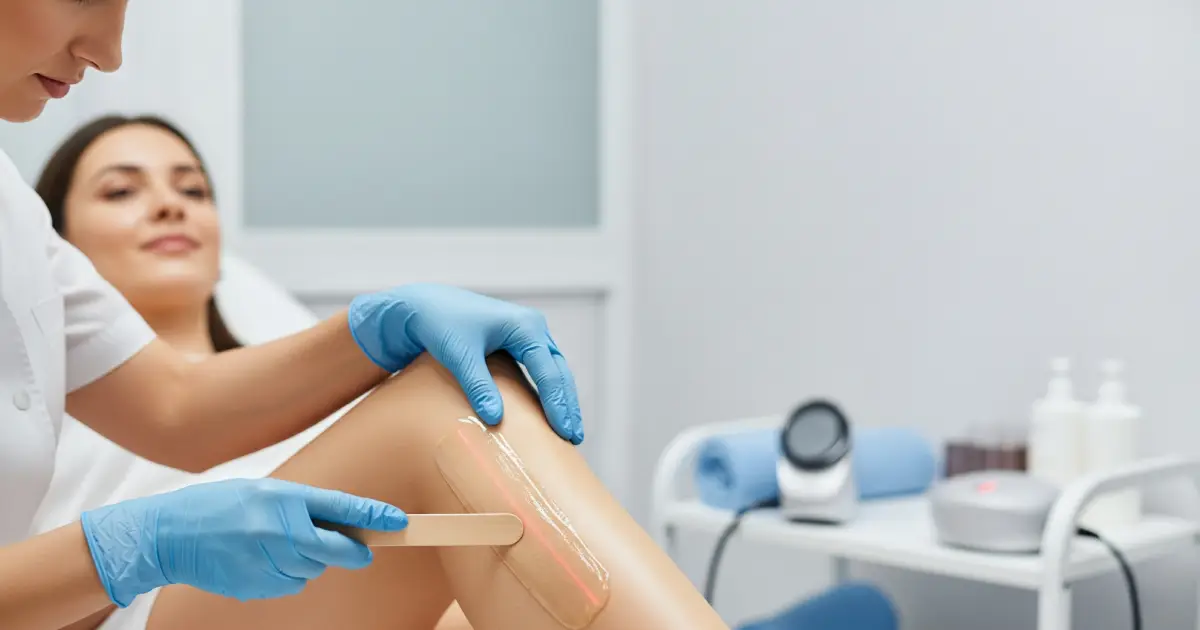Our aging bodies undergo changes that can lead to imbalances in hormone levels, manifesting in symptoms ranging from exhaustion and weight gain to more severe health issues. Addressing these changes is necessary for maintaining quality of life and overall health. This is where understanding hormone health, exploring the benefits of hormone replacement therapy, and considering hormone health for weight management comes into play.
Whether you’re directly affected by these changes or looking out for someone who is, the following discussion will provide you with the details you need to make better decisions on handling your overall well-being.
Hormone Health Overview
Hormones are chemical messengers created by glands in the endocrine system, and they traverse through the bloodstream to tissues and organs, affecting many diverse functions. These processes include growth and development, metabolism, sexual function, reproduction, and mood regulation.
As we age, the balance of hormones in our bodies can shift. For women, this is often most noticeable during menopause when levels of estrogen and progesterone decrease. Men experience a more gradual decline in testosterone as they age. These changes can induce symptoms such as weight gain, mood swings, fatigue, and a decrease in muscle mass.
But hormone health isn’t just about aging. It encompasses how well our bodies produce and respond to hormones. Factors like stress, diet, exercise, and sleep can all influence hormone levels, leading to imbalances. By keeping an eye on hormone health, we can take steps to maintain balance or seek treatment if imbalances occur.
Age-Related Changes in Hormones
As we age, our bodies naturally undergo significant hormonal changes, impacting both men and women in various ways:
- Menopause in Women: Typically occurring in the late 40s to early 50s, menopause marks the end of menstrual cycles and is characterized by a significant decrease in estrogen and progesterone levels. The drop can lead to symptoms such as hot flashes, night sweats, mood swings, and increased risk of osteoporosis.
- Andropause in Men: Men go through a steady drop in testosterone levels, known as andropause or “male menopause,” which is less dramatic than menopause. Symptoms can include fatigue, decreased libido, weight gain, and mood changes.
- Thyroid Function Changes: Both men and women can experience changes in thyroid hormone levels with age, potentially leading to hypothyroidism or hyperthyroidism, affecting metabolism, energy levels, and weight.
- Insulin Sensitivity: Age can also affect insulin sensitivity, increasing the risk of type 2 diabetes. This is often a result of lifestyle factors such as diet and physical activity but is exacerbated by hormonal changes.
- Decreased Growth Hormones: Growth hormone levels decline with age, contributing to decreased muscle mass and strength, increased body fat, and slower injury recovery.
Hormone Replacement Therapy Benefits
For women, especially those going through menopause, HRT can greatly soothe symptoms such as hot flashes, night sweats, mood swings, and vaginal discomfort. By supplementing the body with estrogen and sometimes progesterone, HRT can also aid in preventing bone loss that can lead to osteoporosis, a common concern post-menopause.
Men, on the other hand, might benefit from testosterone replacement therapy as they age and their natural testosterone levels begin to decline. This form of HRT can help improve symptoms like fatigue, low libido, mood disturbances, and loss of muscle strength or mass.
Moreover, beyond addressing specific symptoms, hormone replacement therapy can contribute to an overall sense of well-being and improved quality of life for individuals experiencing hormone-related issues. However, it’s important to approach HRT with careful consideration and guidance from healthcare professionals, as it’s not suitable for everyone and may carry risks depending on individual health histories and specific conditions.
Hormone Health for Weight Management
An imbalance in hormones can make losing weight or maintaining a healthy weight more challenging, regardless of diet and exercise efforts.
For instance, insulin is a key hormone in regulating blood sugar levels and fat storage. When the body’s response to insulin is impaired (insulin resistance), it can lead to higher blood sugar levels and increased fat storage, particularly around the abdomen. Similarly, thyroid hormones affect metabolic rate; too little thyroid hormone (hypothyroidism) can slow metabolism, leading to weight gain or difficulty losing weight.
Sex hormones, such as estrogen and testosterone, also influence body composition. Low levels of these hormones can lead to a decrease in muscle mass and an increase in fat mass, further complicating weight management efforts. Additionally, cortisol, the stress hormone, when elevated for prolonged periods, can promote fat storage and make weight management even more difficult.
Natural Ways to Support Hormone Health with Age
Supporting hormone health naturally as we age involves adopting lifestyle habits that promote hormonal balance and overall well-being. These practices are grounded in the understanding that our daily choices significantly impact our hormone levels and how we age.
- Diet: Hormone health can be supported with healthy choices. Foods rich in fiber, healthy fats, proteins, and antioxidants supply the building blocks for hormone production and regulation. Among other hormonal advantages, including a range of fruits, vegetables, lean meats, and healthy fats in meals can assist in balancing blood sugar levels and promote thyroid function.
- Exercise: Regular physical activity is crucial for maintaining hormonal balance. Exercise helps manage weight, reduces stress levels, improves insulin sensitivity, and can boost levels of hormones that promote muscle maintenance and growth, such as testosterone.
- Sleep: Quality sleep is vital for hormone health. Poor sleep can disrupt the production of key hormones, including growth hormone, cortisol, and insulin. Ensuring 7-9 hours of restful sleep per night can help regulate these hormones, supporting overall health.
- Stress Management: Chronic stress can lead to prolonged elevations in cortisol, disrupting other hormone levels. Practices such as meditation, yoga, deep breathing exercises, or any relaxing activities can help manage stress and maintain cortisol at healthy levels.
- Avoid Toxins: Hormone function can be affected by exposure to endocrine-disrupting chemicals, which are included in certain plastics, personal hygiene products, and pesticides. Choosing natural and organic meals and goods helps reduce this exposure.
- Supplements and Herbs: Certain supplements and herbs are believed to support hormone health, such as omega-3 fatty acids, vitamin D, magnesium, and adaptogenic herbs like ashwagandha. Before beginning any new treatment option, speaking with a healthcare professional is highly recommended, as they can offer tailored guidance based on each patient’s unique health needs.
Takeaway
Are you ready to embark on a journey to rejuvenate your hormonal balance and enhance your overall well-being? LOURE Aesthetics is here to guide you every step of the way. With our expert team offering tailored care, we provide a range of services designed to support your hormone health and weight management goals. Don’t let age dictate your health and vitality. Take control and discover how our holistic approach can transform your life. Contact LOURE Aesthetics for your assessment and take the first step towards a balanced, healthier you.







